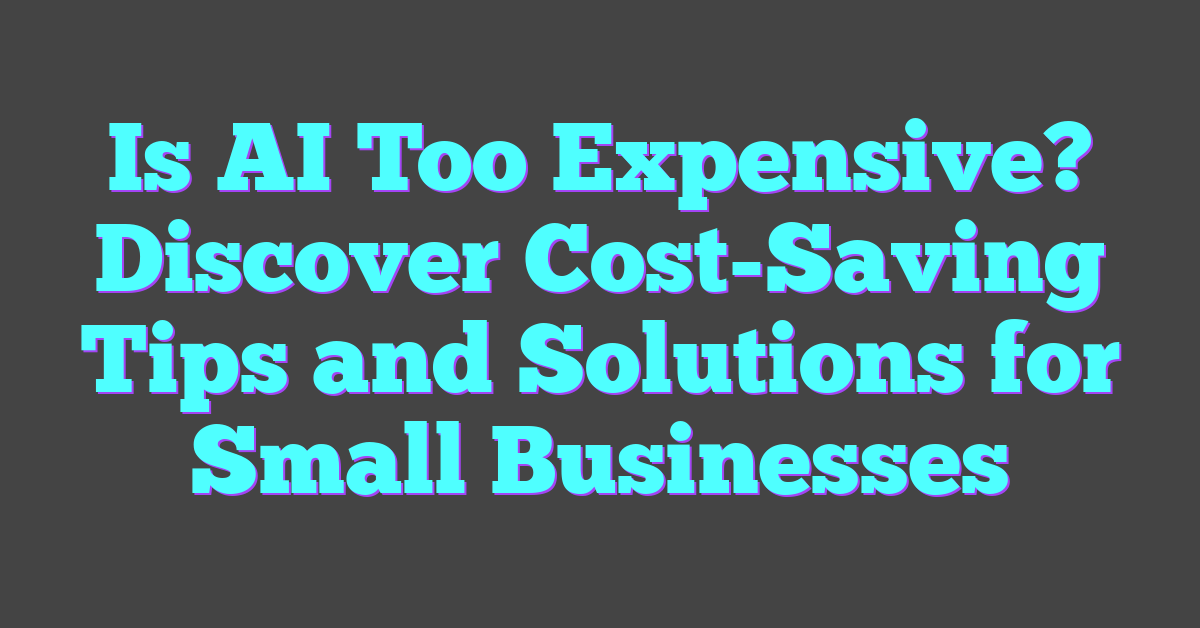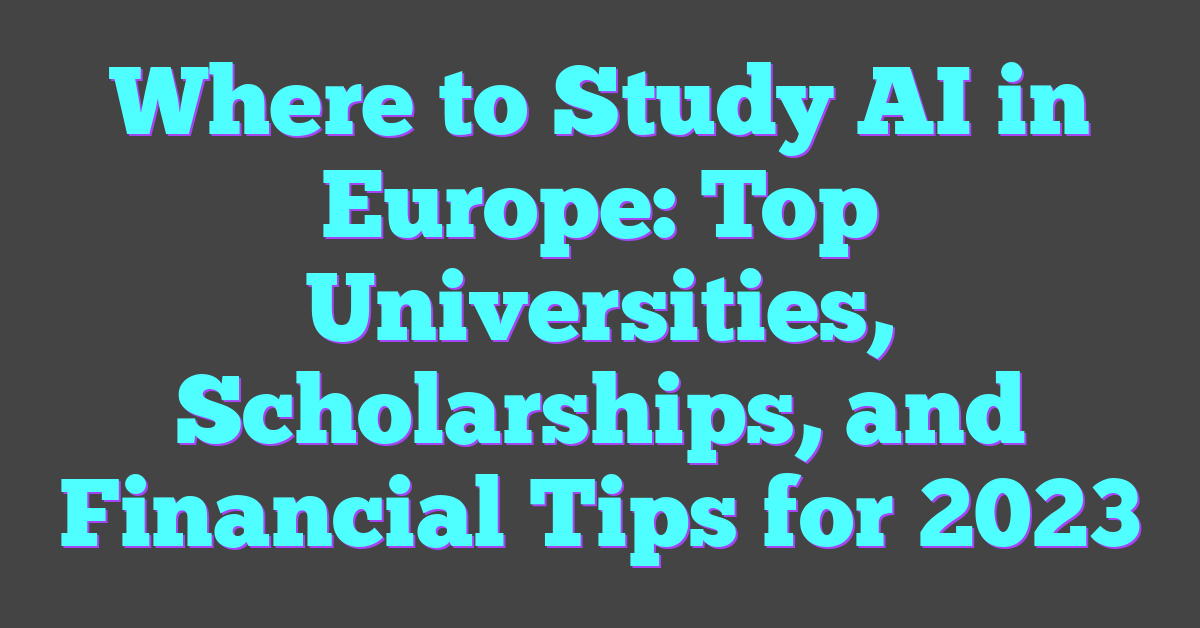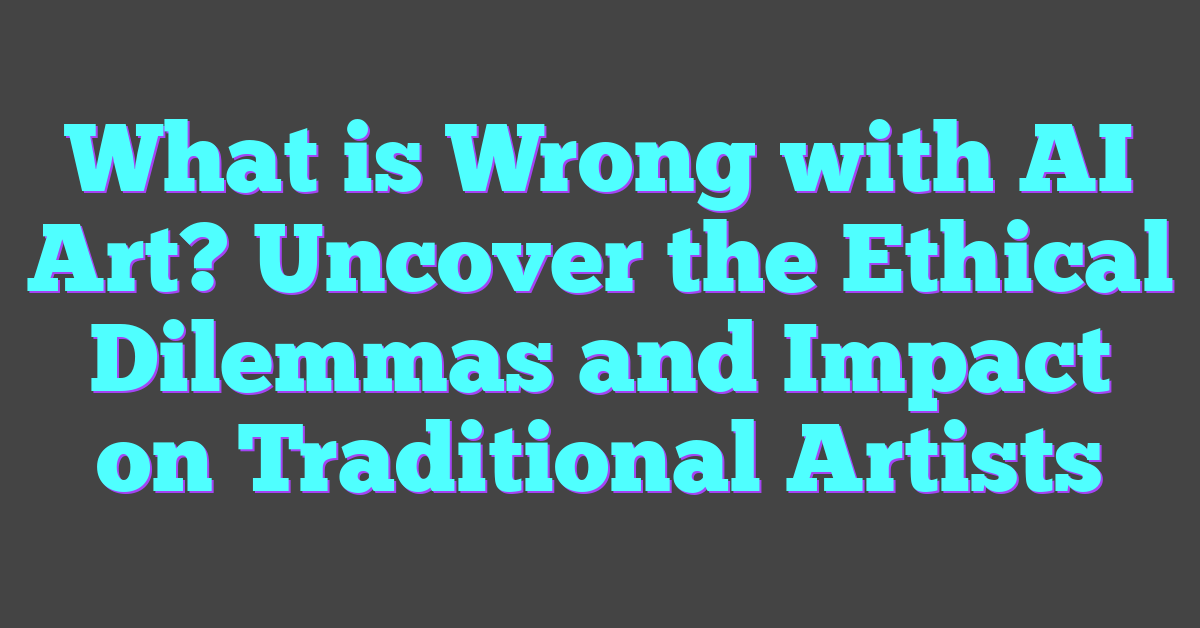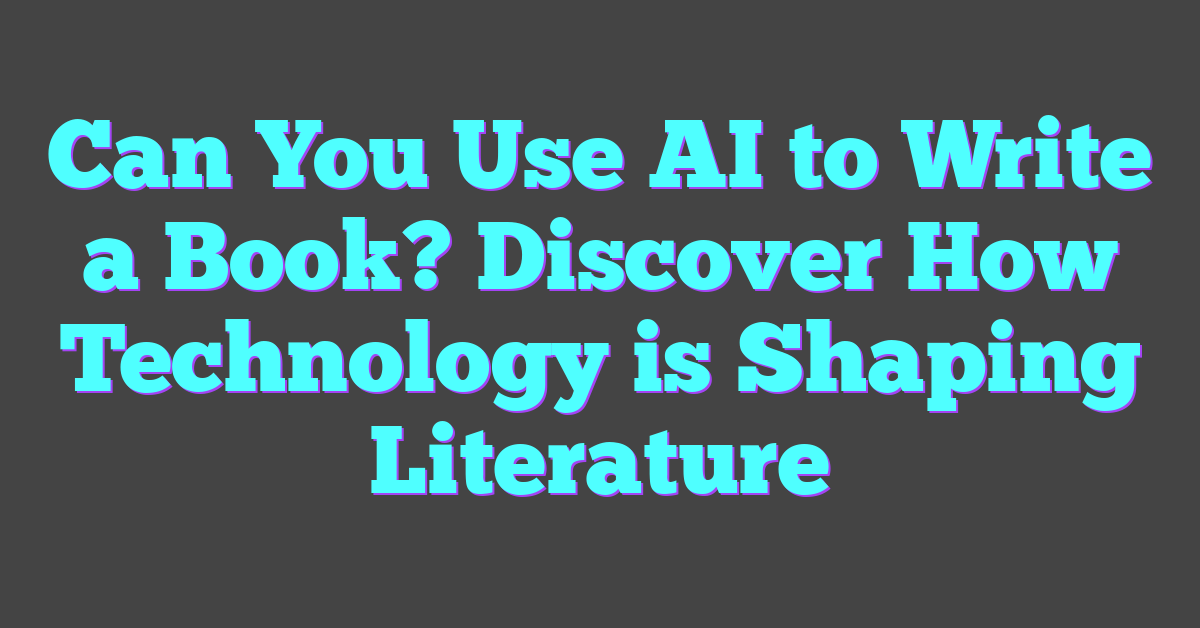Artificial Intelligence (AI) is no longer a distant concept from sci-fi movies; it’s becoming an integral part of daily life, especially in education. As classrooms evolve, AI tools are transforming how students learn, offering personalized experiences that adapt to individual needs. But is this technological advancement truly beneficial for students?
Some argue that AI can enhance learning by providing instant feedback, helping students grasp complex concepts more easily. Others worry it might reduce human interaction and critical thinking skills. This article explores the pros and cons of AI in education, aiming to uncover whether it’s a boon or a bane for today’s learners.
Exploring the Role of AI in Education
AI’s integration into education has transformed the learning landscape. By adapting to individual needs, AI enhances the educational experience for students.

Benefits of AI for Students
AI provides numerous advantages that help students excel academically:
Personalized Learning: AI tailors educational materials to suit each student’s learning pace and style. Adaptive learning platforms like DreamBox and Khan Academy adjust content difficulty based on student performance.
Instant Feedback: AI enables students to receive immediate feedback on assignments and quizzes. Tools like Gradescope streamline grading, letting students improve through quick corrections.
24/7 Access to Resources: AI-powered virtual tutors and chatbots, such as those on Duolingo, offer round-the-clock assistance. This consistent support ensures uninterrupted learning outside traditional classroom hours.
Enhanced Engagement: Interactive AI applications make learning more engaging. Educational games and simulations foster active participation, helping students grasp complex concepts more effectively.
Challenges and Concerns
While AI offers significant advantages, it also presents some concerns:
Reduced Human Interaction: Over-reliance on AI may lead to diminished face-to-face interaction with teachers. This reduction might affect students’ communication skills and emotional development.
Data Privacy: AI systems require access to large data sets to function effectively. Ensuring student data privacy remains a crucial concern, requiring stringent data protection measures.
Bias: AI algorithms can sometimes reflect inherent biases present in the training data. This bias might result in unfair outcomes, particularly for underrepresented student groups.
Critical Thinking: AI’s instant solutions can discourage students from developing their problem-solving skills. It’s essential to balance AI’s capabilities with activities that promote critical thinking.
By strategically addressing these challenges and harnessing AI’s benefits, students can achieve a more enriched educational experience.
Impact of AI on Learning Outcomes
AI profoundly impacts learning outcomes, offering tailored educational experiences and promoting inclusivity. It adjusts to student needs, creating dynamic and personalized pathways to success.
Personalized Learning Opportunities
AI customizes education by providing lessons suited to each student’s pace and understanding. Platforms like Coursera and Khan Academy use AI to analyze student performance, adapting content to ensure a more effective learning experience. For instance, if a student struggles with algebra, AI algorithms identify this and offer additional practice problems and resources. This targeted approach maximizes learning efficiency.
AI’s Role in Special Education
In special education, AI delivers significant benefits by offering customized support to students with disabilities. Tools like speech recognition software help students with speech impairments, while AI-driven apps like AAC (Augmentative and Alternative Communication) tools assist those with communication challenges. Moreover, AI-powered predictive analytics can identify learning difficulties early, allowing for timely intervention and tailored teaching strategies. This adaptability ensures that all students receive the support they need to succeed.
AI Tools Popular in Classrooms
AI tools have become integral in modern classrooms, transforming traditional teaching methods. These tools boost engagement, offer personalization, and streamline educational processes through innovative applications.
Educational Software and Apps
Educational software and apps facilitated by AI enhance learning flexibility and accessibility. Platforms like DreamBox and Smart Sparrow adapt content based on individual student performance. DreamBox, for example, adjusts math problems in real-time to challenge students appropriately. Smart Sparrow offers adaptive eLearning, tailoring lessons and feedback to each learner’s progress.
Software analyzing student data to optimize content is becoming common. Google Classroom includes features powered by AI for organizing assignments and providing personalized feedback. Edmodo also uses AI to recommend resources and create personalized learning paths. These apps support a customized learning journey, making education accessible and engaging.
Interactive Learning Systems
Interactive learning systems using AI create immersive and engaging education experiences. Systems like IBM Watson Education employ machine learning to offer personalized tutoring. They analyze student responses to provide tailored advice, ensuring a deeper understanding of subjects.
AI-driven tools such as Knewton offer adaptive learning technologies that support various subjects. Knewton’s platform adjusts in real-time based on student interaction, providing instant feedback and adapting difficulty levels to suit individual learning speeds. This real-time adjustment helps maintain student engagement and enhances retention.
Another innovative application is the use of AI in gamified learning environments. Tools like Kahoot! integrate AI to create interactive quizzes that adapt in complexity based on student performance. These interactive systems make learning fun while providing valuable insights into student progress.
Ethical Considerations of AI in Education
Artificial Intelligence in education brings many advantages, but it’s essential to address ethical concerns to maximize its positive impact.
Privacy and Data Security
AI systems in education collect extensive data, including students’ performance metrics, personal information, and behavioral patterns. Ensuring the protection of this sensitive data is paramount. Schools and educational platforms must comply with stringent data privacy laws, such as FERPA (Family Educational Rights and Privacy Act) in the United States, which safeguard students’ information. Implementing robust encryption, regular security audits, and transparent data policies helps maintain trust. Educational institutions and vendors need to establish protocols for data access, storage, and sharing to prevent breaches and misuse. Consequently, prioritizing data security enhances students’ trust and engagement.
Bias and Fairness in AI Algorithms
AI algorithms in educational tools can sometimes exhibit bias, impacting fairness in learning outcomes. Bias in AI arises from skewed training data or biased design choices, leading to unequal treatment of students based on race, gender, or socio-economic status. For instance, if an AI model used in grading systems is trained predominantly on data from a specific demographic, it may unfairly evaluate students from underrepresented groups. To mitigate this, developers should use diverse datasets, regularly audit algorithms for bias, and incorporate fairness from the design phase. Methods like adversarial de-biasing and fairness constraints during model training can help create more equitable AI systems. Ensuring fair AI in education promotes inclusivity and equality, benefiting all students.
Ethical considerations in AI are crucial to harness its full potential in education, balancing the promise of personalized learning and efficiency with the need for privacy, data security, and fairness.
Conclusion
AI’s role in education is undeniably growing, offering a range of benefits that make learning more engaging and effective. By personalizing learning experiences and providing tailored support, AI has the potential to transform how students learn. However, it’s equally important to address ethical considerations like privacy and fairness to ensure all students benefit equally. When implemented thoughtfully, AI can be a powerful tool in creating an inclusive and dynamic educational environment.
Frequently Asked Questions
How is AI being used in education?
AI is being used in education to provide personalized learning experiences, enhance student engagement, and improve the effectiveness of teaching methods. Platforms like Coursera and Khan Academy use AI to analyze student performance and customize content.
What are the benefits of AI in special education?
In special education, AI offers tailored support through tools like speech recognition software, helping students with disabilities to learn more effectively. It provides personalized assistance that can adapt to individual needs.
Can AI help in identifying learning challenges early on?
Yes, AI-driven predictive analytics can help identify learning challenges early by analyzing student data and performance trends. This helps educators intervene promptly and offer necessary support.
What are the ethical considerations regarding AI in education?
The ethical considerations include addressing privacy, data security, and fairness in AI algorithms. Ensuring compliance with data privacy laws, implementing encryption, and combating bias are crucial steps.
How can privacy and data security be maintained in AI education tools?
Privacy and data security can be maintained by complying with data privacy laws, using encryption techniques, and ensuring that AI tools and algorithms are designed to protect sensitive information.
How can bias in AI algorithms be addressed?
Bias in AI algorithms can be addressed by implementing measures to identify and correct biases during the development and deployment stages. Regular audits and updates are essential for maintaining fairness and inclusivity.
Are AI tools in education inclusive for all students?
When designed with proper ethical considerations, AI tools can be inclusive. They must be developed with a focus on equality, ensuring that they cater to diverse learning needs without discrimination.




